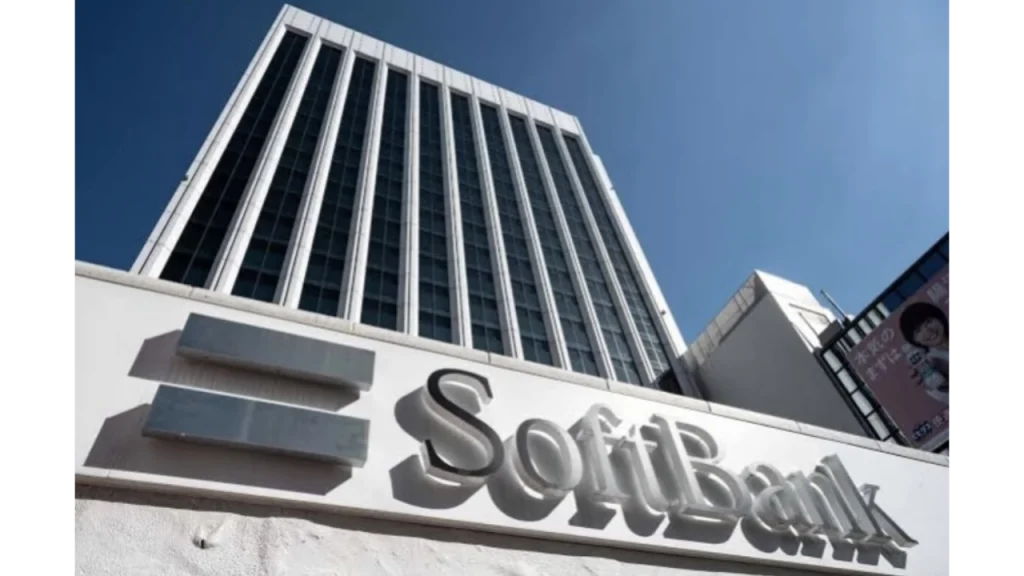• Ericsson will supply its latest RAN hardware across low, mid and high‑band frequencies to SoftBank in key Japanese regions.
• The upgrade focuses on energy savings, AI‑enabled baseband compute and expanded standalone 5G coverage.
What happened:Multi‑regional 5G network overhaul
SoftBank Corp announced on 31 July 2025 that it has signed a fresh commercial agreement with Ericsson to upgrade its 4G and 5G networks . Under the deal, Ericsson will deliver its Ericsson Radio System products—including the lightweight Massive MIMO AIR 3255 and the ultra‑wideband AIR 6476 radios—for deployment across Hokkaido, Tohoku, Kanto, Hokuriku, Tokai and parts of Kansai in Japan .
SoftBank will also roll out Ericsson’s next‑generation RAN Compute baseband units, powered by Ericsson Silicon and the Many‑Core Architecture (EMCA), enabling real‑time AI workloads at the baseband layer for improved parallel processing, spectrum utilisation and energy efficiency .
According to CTO Hideyuki Tsukuda, the operator is concentrating on expanding 5G standalone (SA) deployment and embedding AI throughout network operations to elevate user experience for both enterprise and consumer clients . Ericsson’s market‑area head, Chafic Nassif, added that the agreement aligns with Japan’s broader digitalisation agenda and SoftBank’s “Beyond Carrier” ambitions.
Also read: Telstra and Ericsson launch programmable 5G network
Also read: O2 Germany expands rural 5G coverage
Why it’s important
The AIR 3255 radios are claimed to consume up to 35 % less energy than prior models, and the inclusion of RAN Compute enables local AI inference for automation and optimisation, reducing operational overheads.Alao,Boosting standalone 5G coverage.
Standalone 5G (SA), which decouples the 5G core from legacy architecture, enables advanced functions such as network slicing and ultra‑low latency. The agreement marks a significant expansion of SoftBank’s SA footprint.Reinforcing Ericsson’s position in Japan. As Ericsson seeks to recover from a downturn in regional sales—particularly in China and South Korea—this multi‑regional contract with SoftBank reinforces its credentials in one of Asia’s most advanced telecoms markets.

